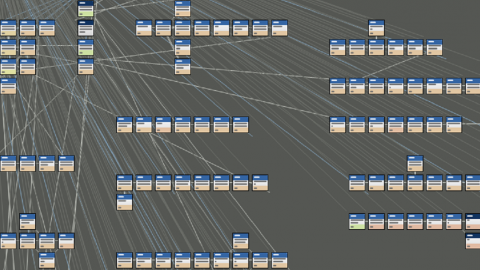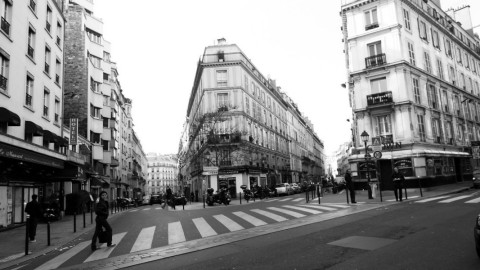
How do you explain the phenomenon of watching videogames?
For all our think pieces about interactive media, social media, and virtual reality, we are all still very much living in a culture of spectation. Big budget movies, music videos, episodic television, and professional sports: these are still the main sites of cultural cohesion for most people in the United States and in large parts of the world. And, it could be argued, that post-digital social-cultural practices are just spectation on a higher level. Perhaps Facebook and Twitter are just spectator-ready versions of other people’s lives. And, it seems that gaming—that most elementally interactive of activities—is becoming more and more…

